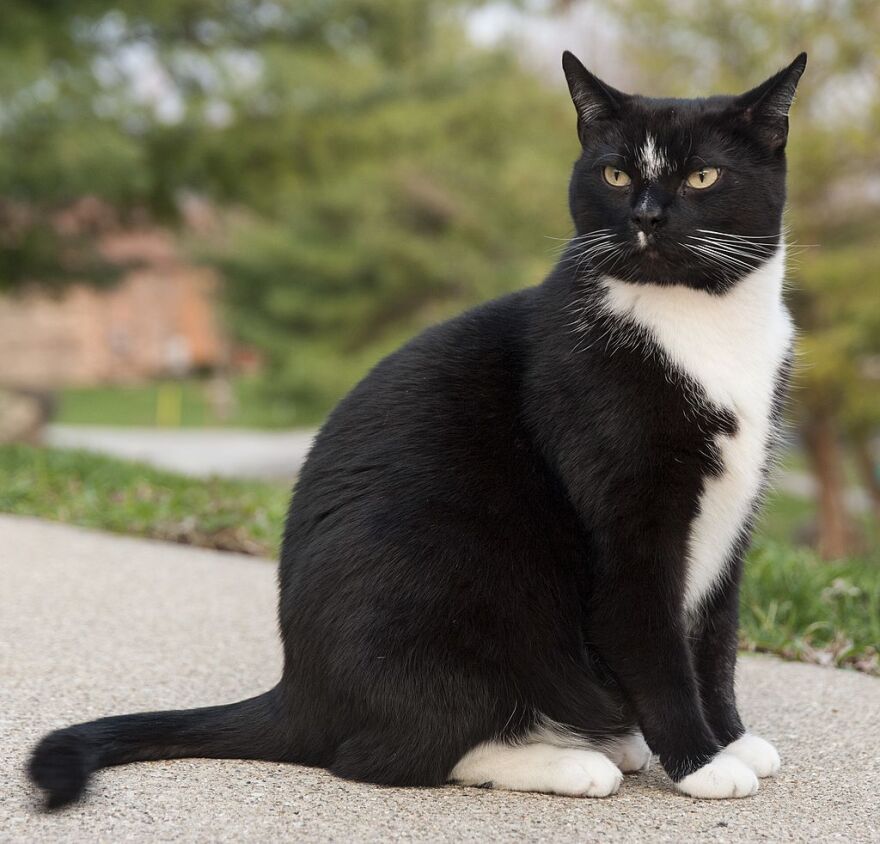A new research project at the University of Missouri is looking to study the benefits of placing shelter cats in homes of children with autism. The MU Research Center for Human-Animal Interaction has begun fundraising for the project, known as Feline Friends.
Dr. Rebecca Johnson, Director of the center, says the Feline Friends research project is important because 1 in 68 children is diagnosed with autism.
“Anything we can do to assist these children to have better social interaction and social adjustment is very important right now because of the increased incidence,” Johnson said.
Dr. Gretchen Carlisle, a post-doctoral fellow that will be working on Feline Friends, says that previous research has shown improved social skills in children with autism when they have a dog as a pet, but she says families have told her that other animals, like cats, have also provided benefits to the children.
“What we would like to explore is whether or not some of the benefits of increased social skills that we’ve seen with dogs could also be found with cats in these homes,” Carlisle said.
Dr. Johnson said cats are a good choice to study because they are quiet, calm and adaptable. She believes this is important to families with children who might have a sensory sensitivity.
“In Dr. Carlisle’s previous research, it was found that sometimes children respond better to a quiet animal like a cat than to a dog. Dogs are often very vigorous and energetic and in your face type pets and that can be a problem for children with autism,” Johnson said. “They may not like that kind of exuberance.”
Johnson said that researchers will be using “a national standardized instrument, which is well-recognized as reliable and a valid way to assess cat behavior and temperament” to ensure that cats that are selected for research are social, engaging and demonstrate accepting behavior. She says she believes both the families and shelter cats will benefit from the study.
Researchers will measure both anxiety and stress levels in children as well as cortisol stress levels in the cats to measure the success of the project.
Before research can begin, the MU Research Center for Human-Animal Interaction has set a fundraising goal of $29,000. Johnson said she hopes to have this goal reached by the end of the year so that research can begin in spring.

